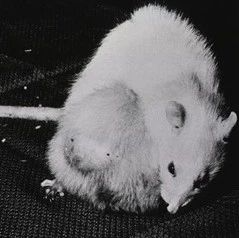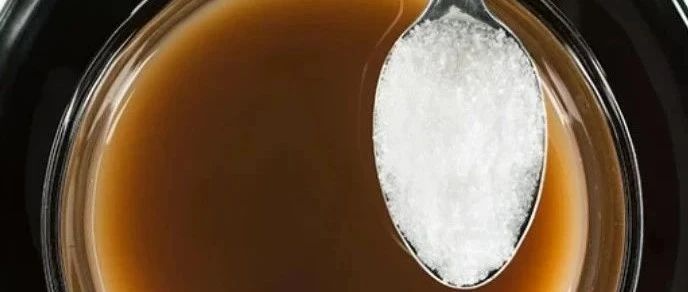日本京都大学研究团队5日在Science电子版上发表论文,宣布其成功从小鼠的iPS细胞(人工诱导性多能干细胞)中培育出卵子,并使其体外受精后产下健康后代。专家表示,这一成果标志着不孕不育研究取得重大进展。
据了解,研究小组先从雌鼠iPS細胞中制造出原始生殖细胞,把它与将成为卵巢的体细胞一起培养后,植入雌鼠卵巢内,生成了卵子,然后将卵子取出进行体外受精,再将受精卵植入雌鼠体内,结果雌鼠产出健康后代。该小组用ES细胞(胚胎干细胞)进行了同样的实验,得到了同样的结果。
研究小组称,通过观察iPS细胞变为卵子的过程,可以了解卵子在体内生成的机制,从而查明不孕不育的原因。该研究小组去年成功从小鼠的iPS细胞中制造出具有生殖功能的精子。如这两个研究成果能用于人类,则可通过人体的皮肤细胞制造出iPS细胞,再用iPS细胞制造出的精子和卵子进行体外受精,使无法产生精子或卵子的夫妻获得继承自身遗传基因的孩子。研究小组成员之一的齐藤通纪教授说,希望“成果能有助于不孕不育治疗”。京都大学iPS细胞研究所所长山中伸弥表示,研究成果“使不孕不育原因的查明和新药研发迈出了一大步”。
但也有专家指出,人类和小鼠的iPS细胞性质不同,很难用与小鼠同样的方法从人体制造原始生殖细胞。在制造iPS细胞时,还有可能损伤遗传基因。此外,人工制造卵子还存在伦理方面的问题。
iPS细胞由京都大学教授山中伸弥2006年首先研制成功,具有生成各种组织、器官细胞的能力,在利用干细胞来修复人体器官或组织的尖端医学技术——再生医疗领域具有广泛应用前景,近年来颇为世界所瞩目。日本在该方面研究处于世界领先地位。

 Offspring from Oocytes Derived from in Vitro Primordial Germ Cell–Like Cells in Mice
Offspring from Oocytes Derived from in Vitro Primordial Germ Cell–Like Cells in Mice
Katsuhiko Hayashi, Sugako Ogushi, Kazuki Kurimoto, So Shimamoto, Hiroshi Ohta, Mitinori Saitou
Reconstitution of female germ-cell development in vitro is a key challenge in reproductive biology and medicine. We show here that female (XX) embryonic stem cells and induced pluripotent stem cells in mice are induced into primordial germ cell-like cells (PGCLCs), which, when aggregated with female gonadal somatic cells as reconstituted ovaries, undergo X-reactivation, imprint erasure, cyst formation, and exhibit meiotic potential. Upon transplantation under mouse ovarian bursa, PGCLCs in the reconstituted ovaries mature into germinal vesicle-stage oocytes, which then contribute to fertile offspring after in vitro maturation and fertilization. Our culture system serves as a robust foundation for the investigation of key properties of female germ cells, including the acquisition of totipotency, and for the reconstitution of whole female germ-cell development in vitro.
文献链接:Offspring from Oocytes Derived from in Vitro Primordial Germ Cell–Like Cells in Mice







